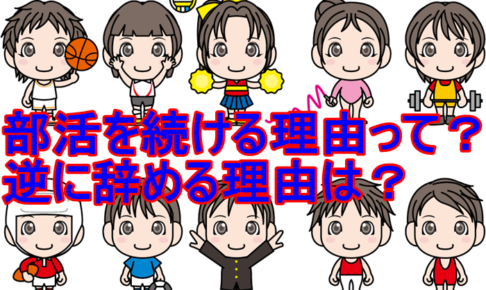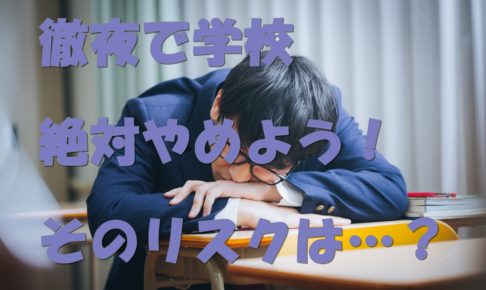In the shadowed stage of ancient Athens, Greek theatre masks were far more than decorative accessories—they were vital instruments of storytelling, transforming performers into archetypes and amplifying emotional truths. These masks, painted in vivid hues and carved with deliberate expression, allowed actors to embody gods, heroes, and tragic figures with immediate clarity, dissolving individual identity to speak to universal human experience. More than theatrical tools, they became vessels of societal intensity, channeling the collective pulse of a city navigating war, politics, and moral reckoning.
目次
The Ancient Currency and Conflict Background
Greek drama emerged amid a society deeply shaped by the silver drachma, the lifeblood of Athenian economy and civic life. Coinage enabled public festivals like the City Dionysia, where tragedies were performed as both religious tribute and political commentary. Economic stability fostered artistic innovation; playwrights like Aeschylus and Sophocles explored justice, fate, and power against the backdrop of real conflicts—wars with Sparta, internal strife, and shifting social hierarchies. Masks, therefore, were not merely symbolic—they were cultural anchors, embodying the tension between individual fate and communal identity.
As city-states grappled with instability, the mask’s dual power became evident: it concealed the actor’s face while amplifying inner turmoil, allowing audiences to project their own anxieties onto divine or heroic figures. This interplay of concealment and revelation turned the stage into a mirror of societal unease.
Symbolism Embedded in Greek Masks
Greek masks served as visual shorthand for universal emotions—fear, wrath, sorrow—communicating complex psychological states with minimal detail. A furrowed brow or widened mouth could instantly convey anguish or fury, bridging cultural and linguistic divides. The mask transformed personal conflict into shared experience, inviting spectators to confront their own vulnerabilities through the lens of myth.
The mask’s design simultaneously concealed and revealed. By obscuring the performer’s true self, it revealed the raw core of human struggle—making the personal collective. This duality echoes a fundamental truth: identity is both masked and exposed in moments of crisis. The mask’s silence thus became a voice for deeper societal and existential tensions.
From Stage to Symbol: The Evolution of Mask Imagery
Theatrical masks did not vanish with antiquity—they evolved, influencing art, literature, and modern culture. The transition from ritual performance to symbolic metaphor persists today, where the mask represents transformation, hidden truth, or societal masks we wear. Ancient masks taught that conflict is not only external but internal, a struggle between self and role.
Modern interpretations, such as Le Zeus, reflect this lineage. While rooted in Greek mythology, Le Zeus embodies the raw tension of divine conflict, echoing the original masks’ power to dramatize profound emotional and philosophical depth. The product invites players to reflect not just on gameplay, but on the enduring human condition—where struggle, identity, and truth remain inseparable.
Contextualizing Le Zeus Within Broader Symbolism
Though Le Zeus is a contemporary slot game, its design resonates with deeper cultural and historical currents. The £19.50 bonus available at Le Zeus slot ratings reflects modern engagement with ancient themes—where chance, conflict, and transformation converge in digital ritual. This mirrors how silver drachmas once carried both economic and symbolic value in public life.
Economically, the drachma’s legacy parallels themes of scarcity and exchange; similarly, Le Zeus frames rare moments of triumph as precious rewards, echoing the value placed on mythic power in ancient society. Furthermore, like the rarity of a four-leaf clover—once found in only one in ten thousand occurrences—each spin captures a unique, fleeting moment of narrative power. The mask, in this sense, becomes a collectible symbol: not just an object, but a vessel of story and symbolic weight.
“Masks do not hide the face—they reveal the soul’s battle.” — Timeless reflection on human conflict
Conclusion: Bridging Past and Present Through Symbolic Art
Greek theatre masks endure not as relics, but as living metaphors—carriers of emotional truth across millennia. From the sacred stages of Athens to the digital reels of modern games like Le Zeus, they remind us that conflict is universal, identity fluid, and deeply human. By engaging with these symbols beyond surface aesthetics, we uncover layers of meaning that connect ancient drama with contemporary experience.
Le Zeus stands as a modern lens, refracting the timeless struggle between inner turmoil and outward expression. It invites players not only to win, but to reflect—on the masks we wear, the stories we tell, and the enduring power of symbolic art to reveal truth.
| Key Themes | Emotional Expression | Masks amplified raw sentiment, transcending individual identity |
|---|---|---|
| Economic Context | Silver drachmas enabled public festivals; stable economy fueled artistic innovation | |
| Symbolic Duality | Masks concealed self while amplifying inner conflict—bridging anonymity and truth | |
| Modern Resonance | Le Zeus embodies divine struggle, echoing ancient theatrical transformation | |
| Cultural Continuity | From ritual to slot game, masks remain vessels of collective myth and meaning |
- Greek masks transformed performance by turning actors into universal symbols, enabling audiences to confront shared emotional truths.
- The economic stability fostered by drachma circulation supported the flourishing of drama, where masks became tools of both identity and societal reflection.
- Masks visually encoded universal emotions—fear, rage, sorrow—acting as bridges between personal turmoil and collective experience.
- Le Zeus reinterprets divine conflict through modern design, inviting players to engage with timeless stories of inner struggle and resolution.
- Like ancient coins, Le Zeus’ reward embodies value and exchange—scarcity shaping meaningful engagement.
- Rarity parallels the mythic power of elite natural phenomena, such as the four-leaf clover, symbolizing singular narrative significance.









コメントを残す